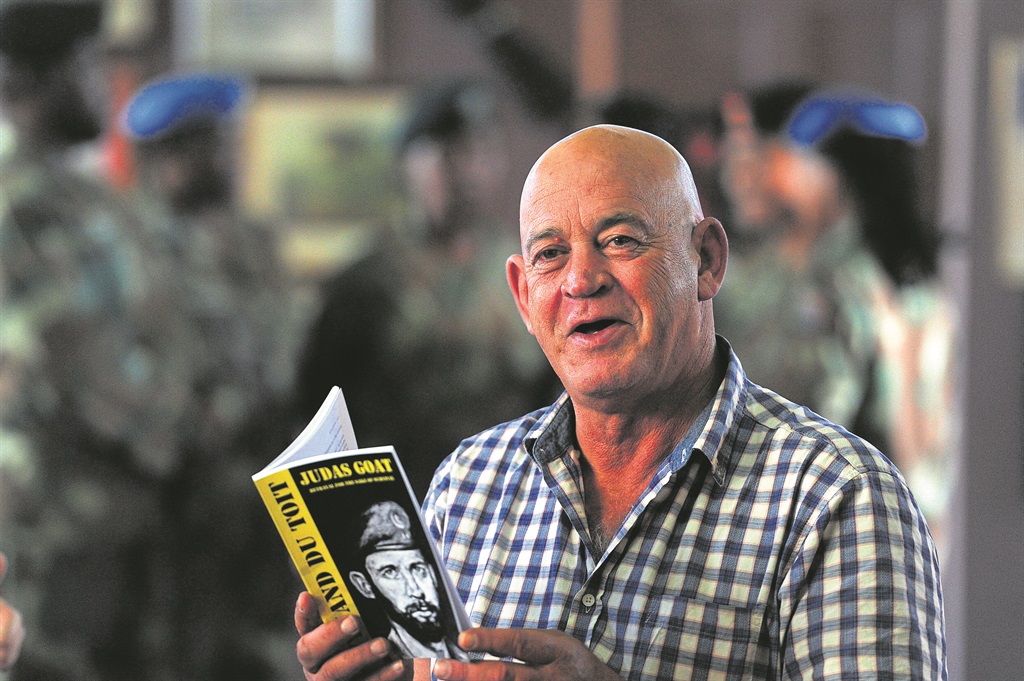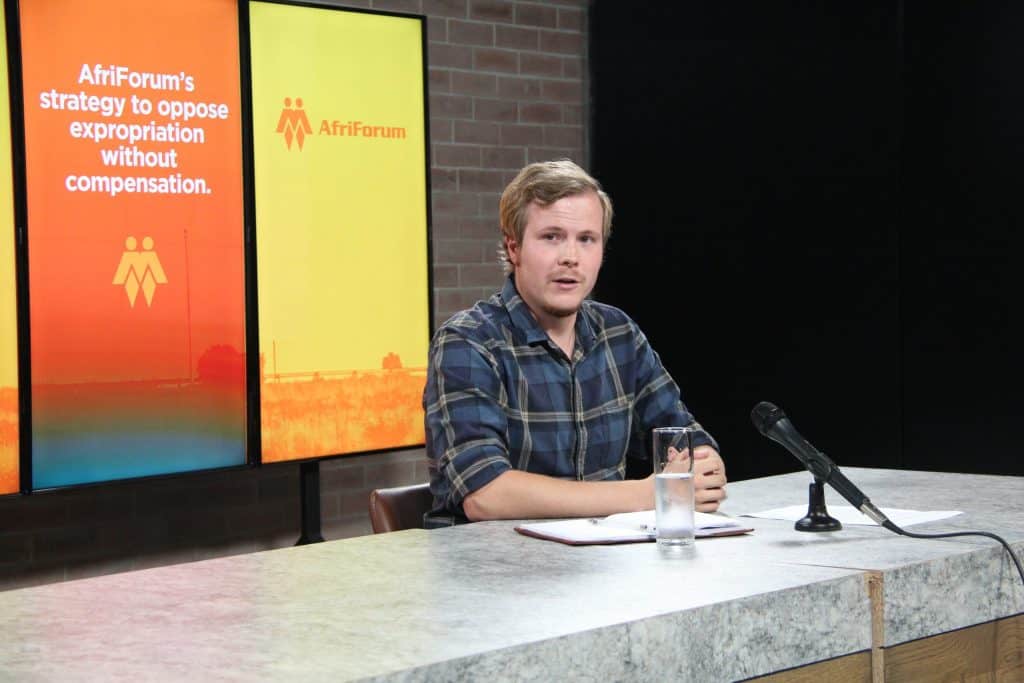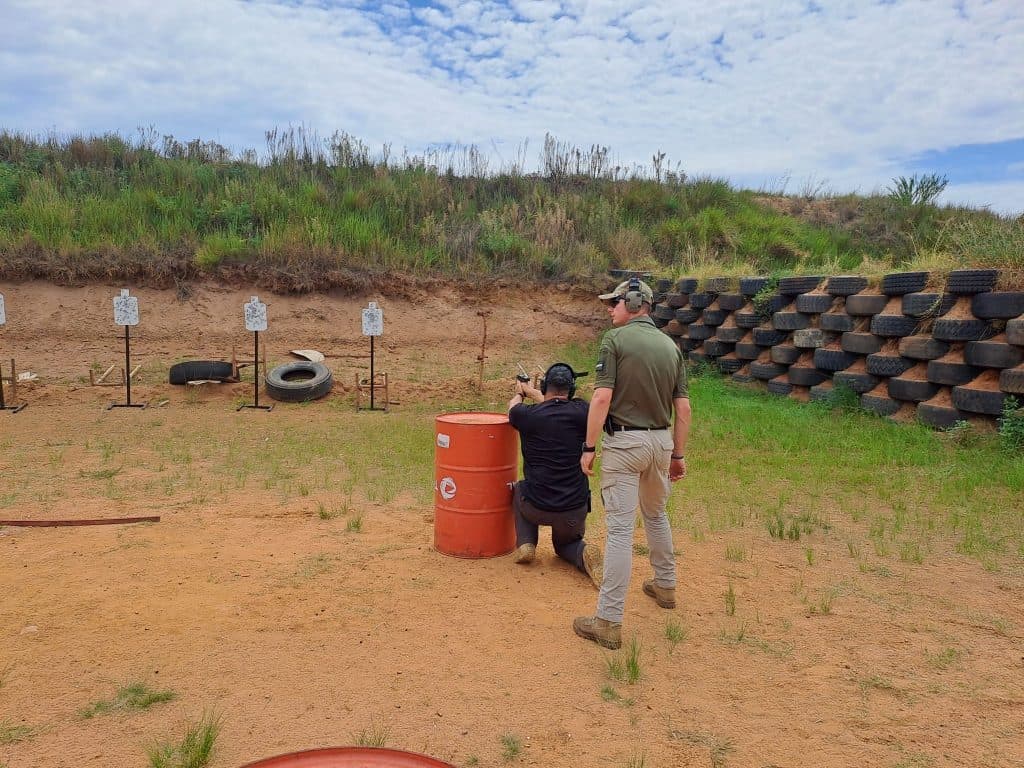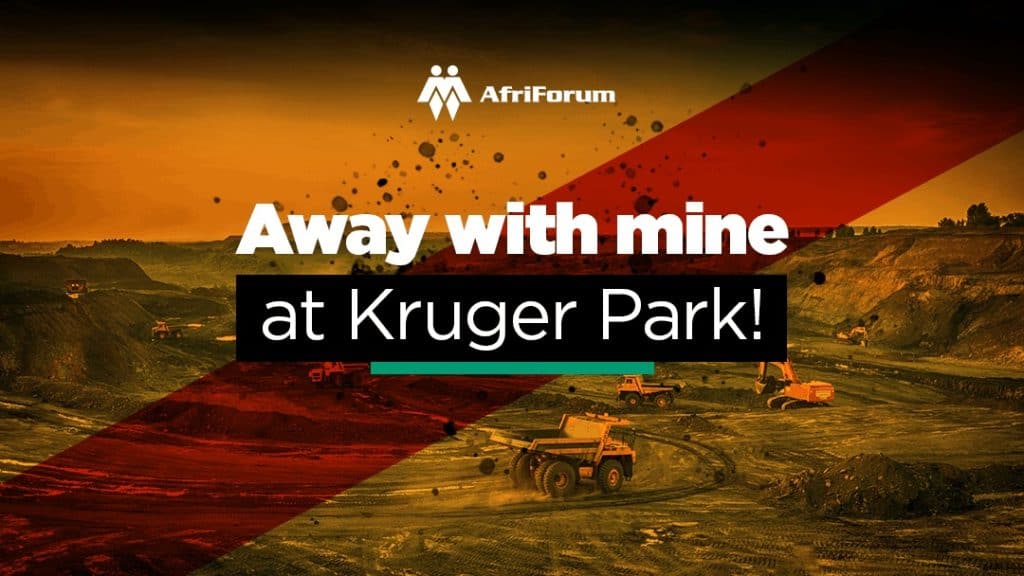The name of Captain Wynand du Toit made a deep impression on South Africans during the eighties. Captain du Toit was the leader of a Special Task Team sent to Angola on a military mission in May 1985. Due to unforeseen circumstances the mission failed, and at daybreak the South African soldiers found themselves surrounded by numerous FAPLA groups (People’s Armed Forces for the Liberation of Angola).
Captain du Toit and his team came head to head with 120 FAPLA soldiers, a skirmish which lasted 45 minutes. Two of Captain du Toit’s men, Corporal Rowland Liebenberg and Corporal Louis van Breda, were killed, and a critically wounded Captain du Toit was taken to Cabinda and then on to a hospital in Luanda for medical treatment. The remaining six Recces, two of whom were wounded, regrouped and returned safely to South Africa. Captain du Toit was held captive as an Angolan prisoner of war for two and a half years, with Cuban troops guarding the entrance to his cell.
He was released in September 1987, in accordance with Brazzaville Protocol, in an arranged complex prisoner exchange. He was kept in solitary confinement in a Cuban military prison for the entire 837 days of his detention.
Merise spoke to Wynand about his experience:
Can you briefly recap your experience?
I was part of the Special Forces (Recces) from 1982 to 1987 and was captured in May 1985 during a sabotage operation in the oil rich Cabinda province (enclave) of Angola. I was held in a Cuban military prison until my release in September 1987, where I was exchanged in Maputo, Mozambique, for 334 Angolan soldiers, the Frenchman Pierre Albertini, and the Dutchman Klaas de Jonge.
We know that you were kept in solitary confinement for a very long time. How did you cope?
I found it extremely difficult to come to terms with what had happened, and I found that a strict routine and very strong self-discipline helped me achieve acceptance. I forced myself into a routine, and the ten-cigarette daily ration became a most important coping mechanism. To escape the four walls of the prison, I began to write. Through my characters my mind could wander freely and I could do the things I would have loved to do at places where I would have preferred to be.
At the same time, my faith was tested to the utmost and I had a daily war of words with the Lord, with resentments and pleadings until I finally realised that all things are ‘good’ in the eyes of the Lord and that I should praise and thank Him because He knew best. I was released on 7 September 1987, three months after I began my daily worship.
Was there a specific incident during your time in prison which helped you decide not to be broken? Tell us more.
I prefer to call it a developing situation. The further I was pushed, the stronger my will became to stand fast and the greater my determination was to get out of prison. No traumatic incident leaves one untouched.
Did this experience change your personal outlook on life?
Very much so. The more I reflect, the more I realise the significance of my experience. There is no doubt in my mind that what happened to me made me the person I am today. My entire life, and all subsequent events, is influenced by this experience.
How would you describe yourself?
I am a positive, objective person, who has learned the hard way to be patient.
Tell us about your current life.
Frances and I live with our two young children, MJ (9) and Beamari (8), in Glentana, the Southern Cape of South Africa. From my office, I have an incredible ocean vista.
I still have links to my farm in the Democratic Republic of the Congo, but I spend more time writing, giving motivational talks, and travelling South Africa and Namibia.
What are your plans for the future?
I have published six books during the past two years and would like to continue writing. My aim is to establish myself as a fiction author. Writing allows me to spend quality time with my family.
Tell us more about the books you have written and some of the incidents. Are your stories based on true experiences?
The first two books, Judasbok and Josefskleed, portray my life story and the incidents that happened before, during and after Cabinda. These stories are prior to 2014 before I attended the 25th commemoration of the signing of the Brazzaville Protocol. On that significant day, I finally learned the truth about what had really happened during Operation Argon 30 years ago.
The publication that I had started after my capture was completed in an Angolan prison on 14 May 1987. After thirty years the book is finally due for release, under the title The Long-Lost Grave.
The other two books, S-98 and Destiny, are about the border war. They are essentially fictional, but based on fact.
How do you feel about military conscription?
Military conscription is necessary to create order and purpose in any community. It shapes young people, develops responsibility and brings an awareness of life and the finality of death.
What advice would you give to countries currently in conflict; in terms of effort, time, money and especially lives lost?
My feeling is that war is almost always worth the effort and sacrifice, as long as you defend your ideals and convictions. Time and money cannot be measured in terms of what you want to achieve, should achieve or actually [do] achieve. Sometimes military defeat is the desired result. We were very unfamiliar with military defeat, which primarily contributed to the success (?) of the political process. Loss of life is always sad, but it is also a very important part of our history. It symbolizes the sacrifices made by soldiers.
How would you like to be remembered and why? Do you want to be remembered for your survival, as a writer, as a dad, as a spouse?
I would like to be remembered as someone who always had the courage of my convictions and stuck to my views in life. I would also like to be remembered for the books that I have written and for my small contribution to our history through my writing.
What is your message to readers? Life is not supposed to be easy. Experiences – whether good or bad – happen to shape and guide us, so that we are always willing to give our utmost, no matter how or where, in our very short life span.
Best regards! Wynand
The South African Military Veterans Organisation of Australasia (SAMVOA) has invited Wynand to Australia to share his story with you during two scheduled events at the SAMVOA venues in Melbourne and Perth. This is a great opportunity to meet him, ask any question you may have and have him sign any books bought prior to, or while attending one of these events.
SAMVOA Victoria (Melbourne)
Time: 18:30 for 19:00
When: Friday 13 October 2017
Venue: The Sunset Room, Waverley RSL, 161 Coleman Parade, Glen Waverley, VIC
Cost: $20,00 (Restaurant and cash bar available)
SAMVOA Western Australia (Perth)
Time: 18:30 for 19:00
When: Tuesday 17 October 2017
Venue: The Belmont RSL Club, 22 Leake Street, Belmont, Perth, WA Cost: $20,00 (Snacks and cash bar available)
If you would like more information on SAMVOA, or are keen to join them (it’s free), please contact Garth Pienaar at pienaar96@ic-net.com.au.
Visit their website at http://www.samvoa.org/ or check out their SAMVOA Facebook Group.
This article originally appeared on Merise’s website.
Share on
Latest articles




















